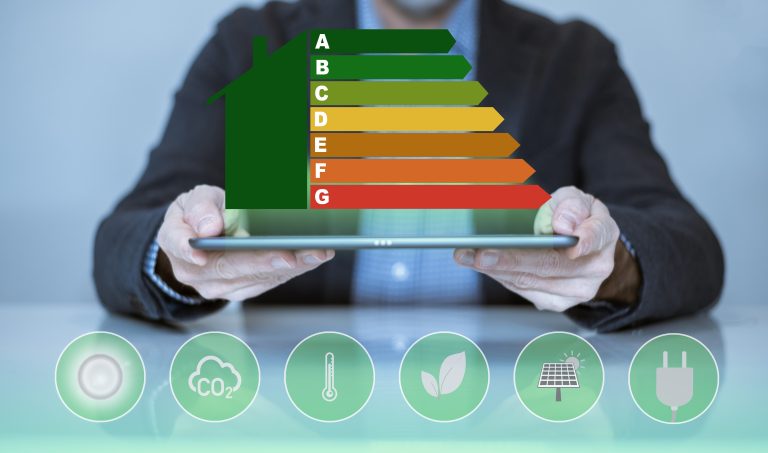Promoting Energy Efficiency
Display Energy Certificates (DECs) offer valuable insights into the energy performance of public buildings. These certificates detail a building’s energy use and carbon emissions, playing a vital role in energy efficiency and environmental stewardship.
Understanding DECs
Part of the Energy Performance of Buildings Regulations, DECs are legally required for public buildings that receive public sector funding. Accompanied by a Recommendation Report, DECs are more than mere paperwork; they are essential for promoting energy efficiency and achieving sustainability goals.
Public Awareness and Transparency
DECs are instrumental in raising public awareness about energy consumption. By prominently displaying these certificates, visitors to public buildings can easily see the building’s energy rating, which ranges from A to G. This rating system offers a clear and understandable measure of how efficiently the building uses energy. For buildings used by public authorities and those frequently visited by the public, DECs are a requirement. Buildings with a total useful floor area greater than 250 square meters must display a DEC in a prominent and visible location. This ensures transparency and fosters accountability.
Actual Energy Consumption Metrics
Unlike theoretical energy estimates, DECs are based on actual metered energy usage from the past 12 months. They compare a building’s performance against a benchmark of typical energy usage in kWh per square meter per year for similar buildings. Whether a building has a high efficiency rating of A or a lower rating of G, the DEC offers a dependable evaluation of its energy performance. This data-driven approach ensures that the information is accurate and actionable.
Guidance for Improvements
Each DEC comes with a Recommendation Report, which includes practical tips for improving energy efficiency. These recommendations can be highly beneficial for both the building and the business operating it. Implementing these suggestions can lead to significant cost savings and a reduced environmental impact. The recommendations may cover a range of measures, from upgrading insulation to optimizing heating systems, all aimed at enhancing energy efficiency.
Contributing to the UK’s Decarbonisation Goals
By endorsing energy efficiency through DECs, businesses help lower greenhouse gas emissions and advance the UK’s net zero goals. DECs are a step towards a more sustainable future, enabling businesses and organizations to make informed decisions that benefit both their operations and the environment. Ensuring that your building has up-to-date DECs and considering the accompanying Recommendation Report can be a significant move towards achieving sustainability goals.
Importance
Display Energy Certificates are much more than just a regulatory requirement; they are a powerful tool for driving energy efficiency and environmental responsibility. By understanding the benefits of DECs and implementing the suggestions from Recommendation Reports, businesses can improve their energy performance and contribute to a greener, more sustainable world. If your business operates public buildings, ensure that you have current DECs and leverage the insights provided to make informed decisions that support your sustainability objectives.
